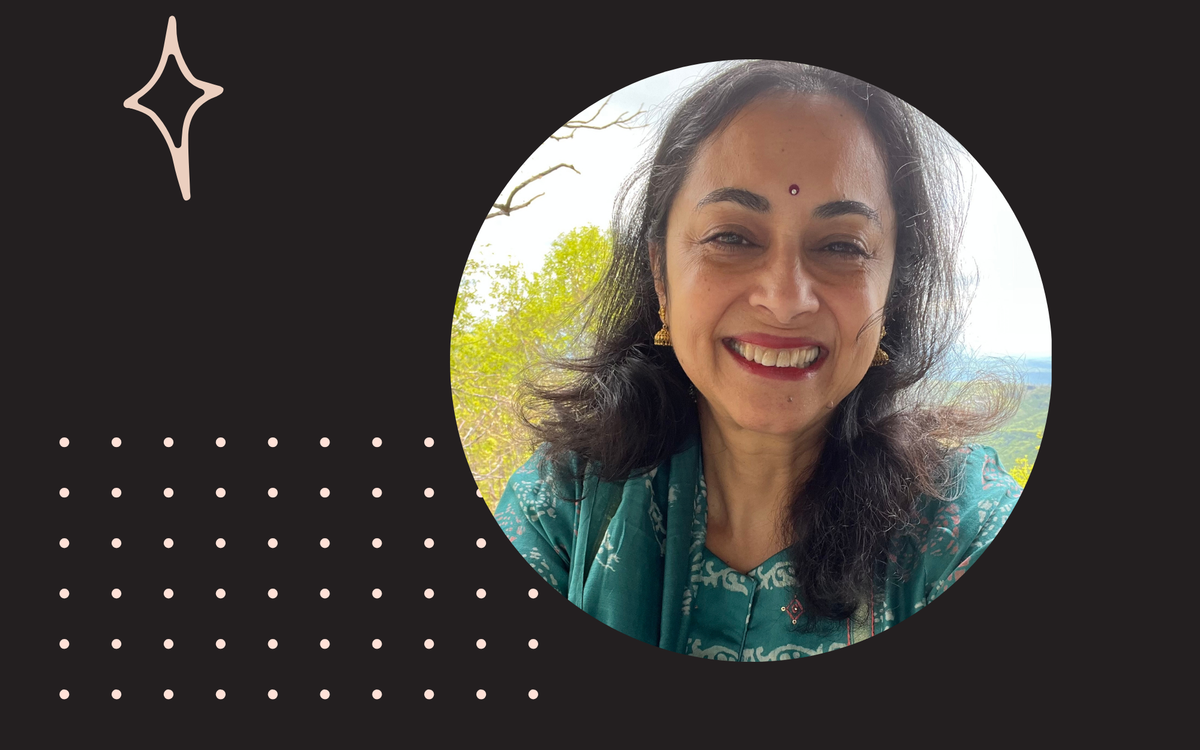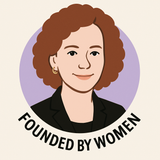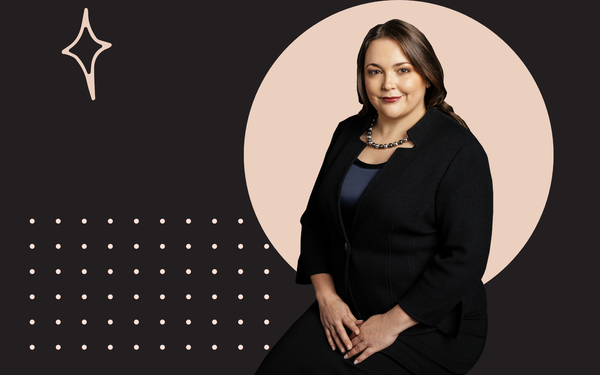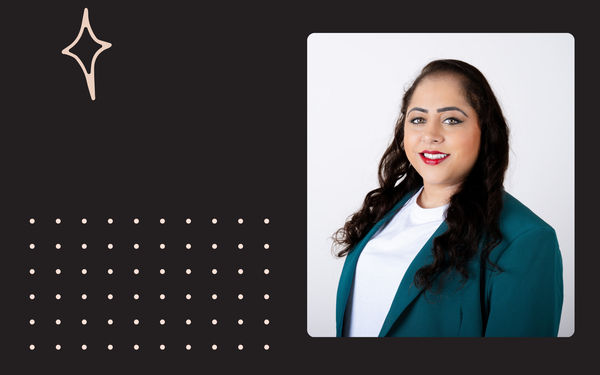Bridging Ancient Wisdom and Modern Leadership: Anuradha Gupta's Transformative Journey from Corporate Executive to Ayurvedic Pioneer

From corporate boardrooms to ancient healing traditions, Anuradha Gupta has built a remarkable career that seamlessly bridges two worlds. As a a NAMACB AD Level and Certified Ayurvedic Practitioner, Engineer, MBA, and prolific writer, she exemplifies how women can honor their professional expertise while pursuing their passion for holistic wellness. Today, she serves as Guest Faculty Member, Content Specialist and AP Mentor at Kerala Ayurveda Academy & Wellness Center while running her own practice, Ayurvedic Footprints.
But Gupta's impact extends far beyond individual healing. As Chapter President of PFLAG Danville-San Ramon Valley, she writes and volunteers for many LGBTQ+ nonprofits, pioneering efforts to make Ayurveda more inclusive and accessible to marginalized communities. Her recent co-authored book, "Unveiling Health, Happiness, and Longevity," represents years of work translating ancient Vedic wisdom for contemporary wellness seekers.
What makes Gupta's approach particularly compelling is her understanding of Ayurveda as an integrative science that acknowledges both the gross physical and subtle energetic levels of healing. Her practice, Ayurvedic Footprints, has been serving clients since 2018, offering consultations, wellness coaching, and educational content, while her academic role involves training the next generation of Ayurvedic practitioners.
In this candid conversation, Gupta shares insights on navigating career pivots, building credibility for traditional practices in contemporary settings, and her vision for creating more equitable wellness spaces where ancient wisdom meets modern social justice advocacy.
You combine a background in engineering, MBA, and corporate leadership with your deep knowledge of Ayurveda. What advice would you give to other women in corporate careers who are drawn to holistic wellness practices like Ayurveda but feel uncertain about making such a significant career pivot?
The corporate world is full of stress; in fact, there is an epidemic of stress! Productivity is overrated, and overwork and burnout are almost valued. Many women find themselves depleted in mind, body and spirit which is what led me to yoga and meditation with Art of Living and eventually, a holistic health practice like Ayurveda really helped. Studying and practicing Ayurveda helps us understand and heal the root causes of diseases through prevention and lifestyle management, manage imbalances and live to our fullest potential. For those curious about a career shift, you could test out Ayurveda in your personal life and community by attending classes, reading about it, and working with an Ayurvedic practitioner for your own healthcare before taking the plunge into a full on career shift.
You are the Chapter President of PFLAG Danville-San Ramon Valley and write and volunteer for many LGBTQ+ nonprofits while teaching Ayurveda. How do you integrate social justice advocacy with ancient wellness practices, and what role do you see Ayurveda playing in creating more inclusive wellness spaces for all communities?
Health equity and access are important for all marginalized communities. These communities face greater healthcare challenges because of stigma, unequal rights, or provider discrimination. For instance, social injustices cause greater disparities in cardiovascular health. The LGBTQ+ community deserves fair, safe, culturally competent, and inclusive wellness spaces. Ayurveda and Vedic Sciences have always espoused the philosophy of “Vasudhaiva Kutumbhakam,” acknowledging diversity while promoting inclusion and a ‘one-world family.’ I found a unique opportunity to bring my social justice work into Kerala Ayurveda and Art of Living. I researched and disseminated information about best practices in managing the healthcare of the LGBTQ+ community with Ayurveda. I was part of the National Ayurvedic Medical Association’s DEI committee and now teach DEI in clinical case work at Kerala Ayurveda. Ayurveda originated in India where colonization led to decades lost in the criminalization of LGBTQ+ identities. We have our work cut out to undo that harm. Health equity must be a deliberate effort and focus in all healthcare spaces, modern or traditional.
You run your own Ayurvedic practice, Ayurvedic Footprints, and serve as faculty at Kerala Ayurveda Academy. As a woman entrepreneur in the wellness space, what has been your biggest challenge in building credibility for traditional practices in modern settings, and how do you bridge ancient wisdom with contemporary wellness needs?
According to the CDC, 6 in 10 Americans suffer from a chronic disorder. The focus of wellness is shifting to salutogenesis, personalization, holistic health, prevention, lifestyle interventions, chronobiology, and epigenetics — these are the strengths of Ayurveda. I believe that Ayurveda is to quantum science what modern medicine is to classical science. It may be traditional, but it is cutting-edge. Ayurveda is not yet licensed in the US and we have to prove our credibility. Like Traditional Chinese Medicine, this is likely to be a long, arduous process but there are many women entrepreneurs — more power to us! Ayurveda was restricted by the British, causing the loss of lineages and knowledge. Now, our field is in a massive revival which includes experiential and evidence-based medicine. Misinformation is a challenge we face and I teach my students how Ayurveda is inclusive and not patriarchal. I also have to educate my clients about Ayurveda, the benefits of integrative medicine, and educate my students to explain Ayurveda to people so that's double work, but we for sure love it!
Are you a woman leader with an inspiring journey to tell? Founded by Women is on a mission to elevate and amplify the voices of women making an impact.
If you're breaking barriers, driving change, or paving the way for others, we’d love to feature your story. Get in touch with us today!
👉 hi@foundedbywomen.org


